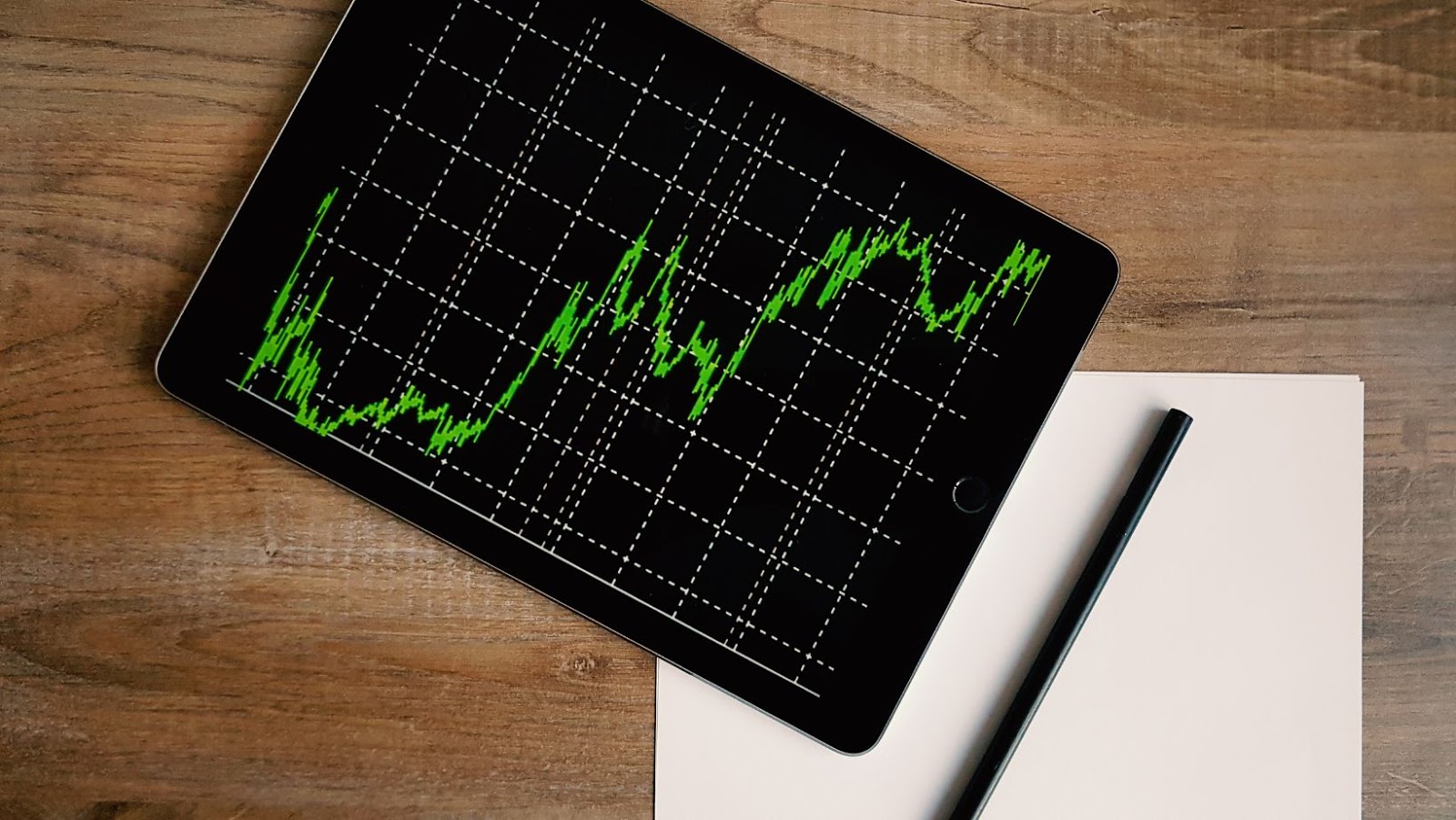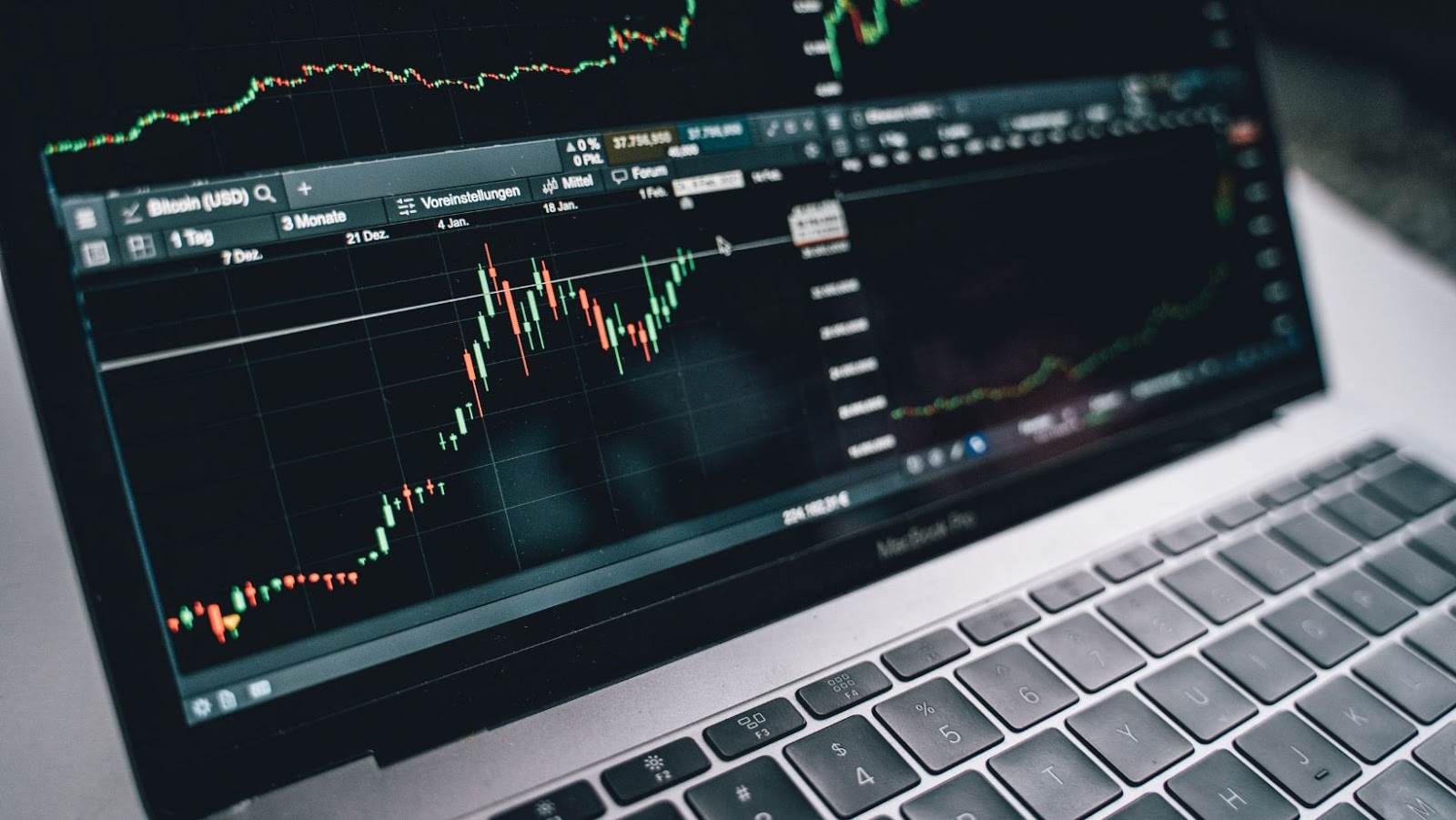Table of Contents
ToggleIntroduction to ICICIdirect
ICICIdirect is a full-service online trading platform that offers a wide range of investment options, including Equities, Derivatives, Mutual Funds, and Currency. One of the most frequently asked questions about ICICIdirect is how much brokerage they charge. ICICIdirect’s brokerage fees vary based on multiple factors, such as the type of investment, the value of the transaction, and the subscription plan. The basic brokerage fee starts at 0.55% for Equity Delivery trades and goes up to 0.03% for Equity Intraday trades for the subscription plan “ICICIdirect Prime”. There are four subscription plans available on ICICIdirect, i.e., “ICICIdirect Essential,” “ICICIdirect Lite,” “ICICIdirect Advantage,” and “ICICIdirect Prime.” Each plan comes with its unique features and benefits, including streamlined brokerage fees. Knowing the type of investment you’d like to make and the subscription plan that best suits your needs will help you estimate the brokerage costs accurately.
Pro tip: Consider reviewing the ICICIdirect brokerage charges regularly to maximize your investments’ returns.
Types of Brokerage Charges at ICICIdirect
ICICIdirect charges various types of brokerage fees on a per-transaction basis, based on the type of service offered to the customer. These brokerage fees cover the cost of executing trades, maintaining customer accounts, and providing research and trading tools to investors. Here are the different types of brokerage charges at ICICIdirect:
1. Equity Delivery: For buying and holding equity shares, the brokerage fee is 0.55% of the transaction value (minimum ₹25).
2. Equity Intraday: For buying and selling equity shares on the same day, the brokerage fee is 0.275% of the transaction value (minimum ₹25).
3. Futures and Options: For trading in derivatives, the brokerage fee is 0.05% of the transaction value (on sell-side only).
4. Currency Futures and Options: For trading in currency derivatives, the brokerage fee is 0.05% of the transaction value (minimum ₹10).
5. Commodity Futures and Options: For trading in commodities, ICICIdirect charges a flat fee of ₹20 per lot (both sides).
It’s essential to understand these fees while making investment decisions and choosing the right service for your financial goals.
How Much Brokerage Does ICICIDirect Charge
ICICIdirect charges intraday brokerage fees based on the volume of the trade, the type of security being traded, and the segment it is being traded in.
Here are the details:
Equity Delivery Trading: ICICIdirect charges 0.55% of the traded value as brokerage fees for equity delivery trading.
Equity Intraday Trading: ICICIdirect charges 0.275% of the traded value as brokerage fees for equity intraday trading.
Equity Futures Trading: ICICIdirect charges a minimum of Rs. 35 per lot or 0.05% of the traded value as brokerage fees for equity futures trading.
Equity Options Trading: ICICIdirect charges a minimum of Rs. 35 per lot or 2.5% on the premium amount as brokerage fees for equity options trading.
Currency Futures and Options Trading: ICICIdirect charges a minimum of Rs. 20 per lot or 0.02% of the traded value as brokerage fees for currency futures and options trading.
Pro tip – ICICI Direct website provides a brokerage calculator to determine the brokerage chargeable on your trades.
Delivery Charges at ICICIdirect
ICICIdirect charges delivery brokerage of 0.55% of the total transaction value or ₹55 per executed order, whichever is lower. However, the brokerage charges vary depending on the brokerage plan opted by the investor. ICICIdirect provides 3 brokerage plans to its investors: I-Saver, I-Secure, and I-SuperSaver. The brokerage charges for each plan are different. The I-Saver plan charges 0.75% brokerage for delivery trading, while the I-SuperSaver plan charges 0.25% of brokerage. On the other hand, I-Secure Plan charges flat brokerage of Rs. 35/- per executed order irrespective of the order value. It is crucial to consider brokerage charges while trading, as they can have a significant impact on the overall profitability of your investments. Therefore, understanding the brokerage charges of ICICIdirect is essential to make informed investment decisions. Pro tip: Consider the brokerage charges of your preferred brokerage plan before investing in ICICIdirect.

Other Charges at ICICIdirect
ICICIdirect charges several other fees and charges in addition to brokerage fees that investors should be aware of before trading.
Here is a breakdown of some of the charges levied by ICICIdirect:
1. Transaction Charges: ICICIdirect charges a fixed fee for every trade executed through its platform.
2. STT (Securities Transaction Tax): A flat STT rate is charged on both buy and sell transactions as per government regulations.
3. DP Charges: Whenever shares are sold from your demat account, you incur a DP (Depository Participant) charge.
4. GST: GST is levied on brokerage fees, transaction fees, DP charges, and other fees as applicable.
5. SEBI Turnover Fees: This is charged on the total value of trades executed by an investor in a day. It is charged by the exchange and is credited to SEBI.
Investors should be aware of these charges before opening a trading account with ICICIdirect to avoid any surprises.
Advantages of Trading With ICICIdirect
ICICIdirect is a reputable online trading platform that offers many advantages to its clients. One significant benefit is its affordable and competitive brokerage fees, enabling you to maximize your profits. The brokerage charges for ICICIdirect vary depending on the type of service you opt for, such as Equity Delivery, Intraday Trading, Futures, and Options Trading.
ICICIdirect typically charges a brokerage fee between 0.05% to 0.55%, which is relatively lower compared to other leading brokerage services in India. Additionally, the platform offers multiple trading options, advanced research and analysis tools, market insights, and a user-friendly interface, making it an excellent choice for traders of all levels.

Disadvantages of Trading With ICICIdirect
The brokerage charges levied by ICICIdirect are significant and may be one of the major deterrents for traders to opt for this platform.
To break it down, ICICIdirect charges a brokerage fee that ranges from 0.55% to 0.05% on delivery trades, 0.275% to 0.025% on Intraday trades, and 1% to 0.5% on Futures trades. Additionally, it adds service tax, securities transaction tax, and stamp duty to the brokerage figure, raising the final cost substantially. Moreover, ICICIdirect has a high minimum brokerage fee of Rs. 35 per trade, which can be an issue for traders with a low trading volume. In comparison to other discount brokers, ICICIdirect’s brokerage charges are higher than the industry average, making it not an ideal option for traders with a lower budget.
Pro tip: It’s crucial to compare brokerage charges of various brokers before choosing one. Opt for a broker that aligns with your budget and trading needs.
In conclusion, ICICI Direct charges a brokerage fee that varies depending on the trading segment and the volume of trades. The brokerage fee ranges from Rs. 0.05 to Rs. 0.55 per share, and from 0.005% to 0.05% of the transaction value. While the brokerage fee is an important factor to consider when choosing a trading platform, it’s not the only one. ICICI Direct offers a comprehensive suite of services, including research and insights, trading tools, education and learning resources, and 24/7 customer support, that can help traders make informed decisions and achieve their investment goals. Ultimately, the decision of whether to use ICICI Direct or another trading platform depends on your individual needs, preferences, and investment strategy. Pro tip: Do your research and compare different platforms based on factors such as fees, services, and user experience before making a decision.




